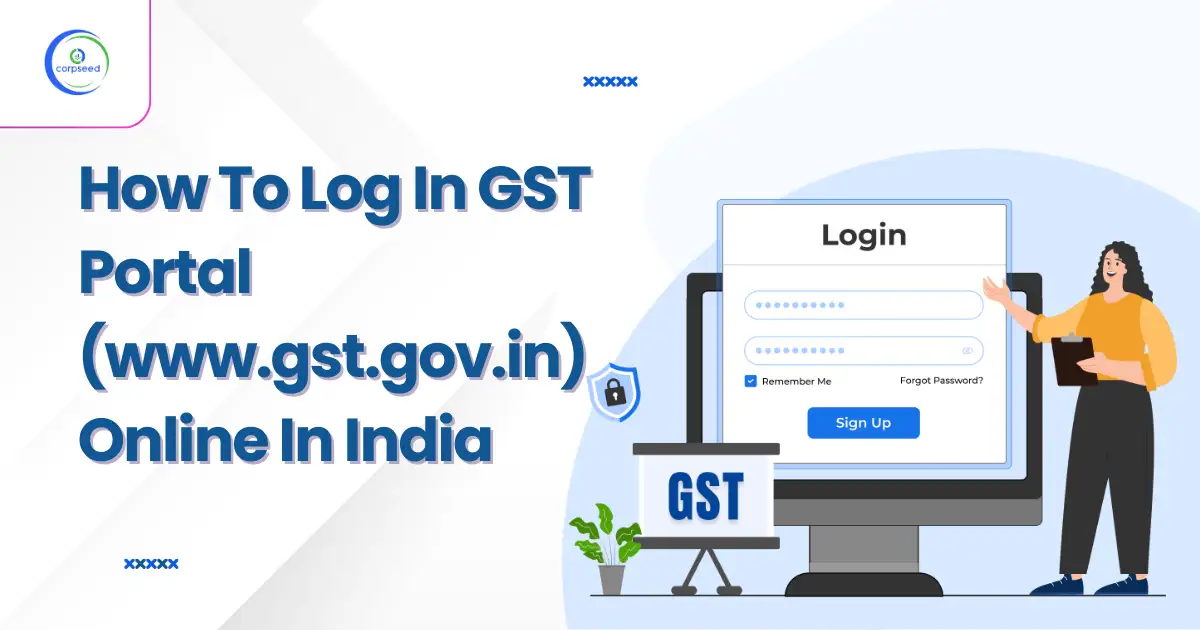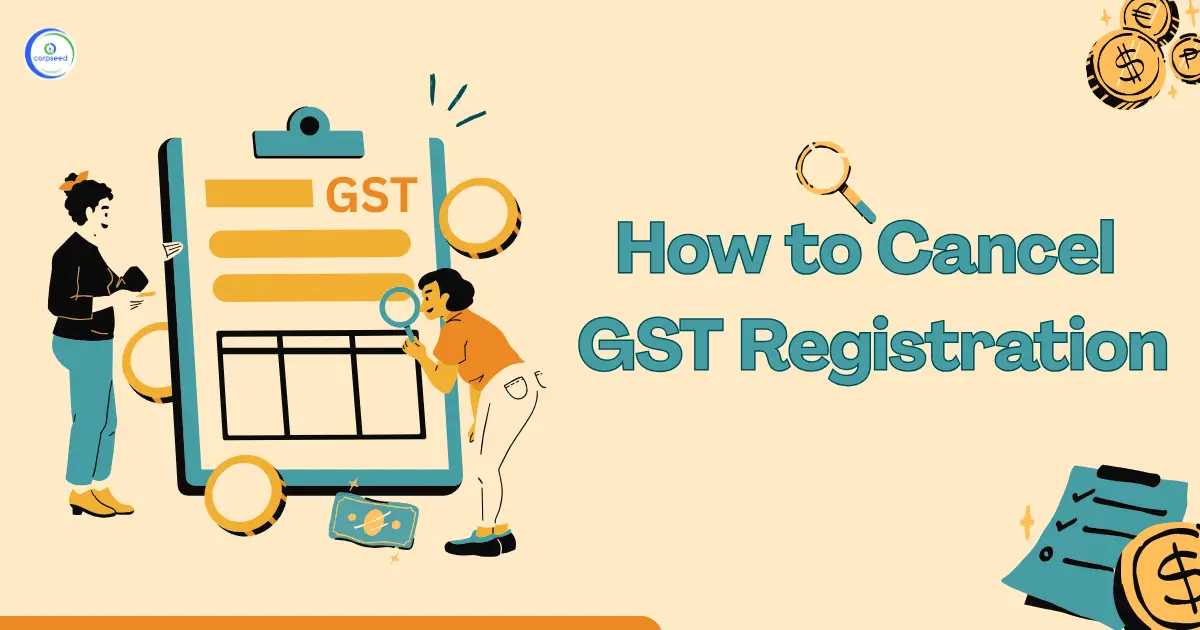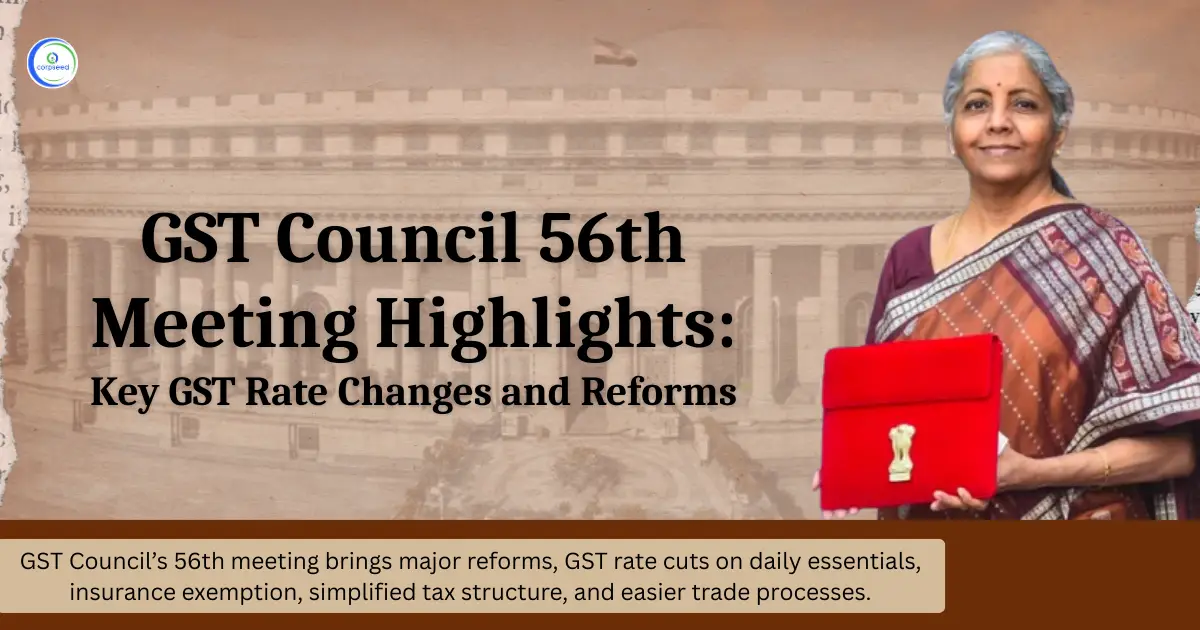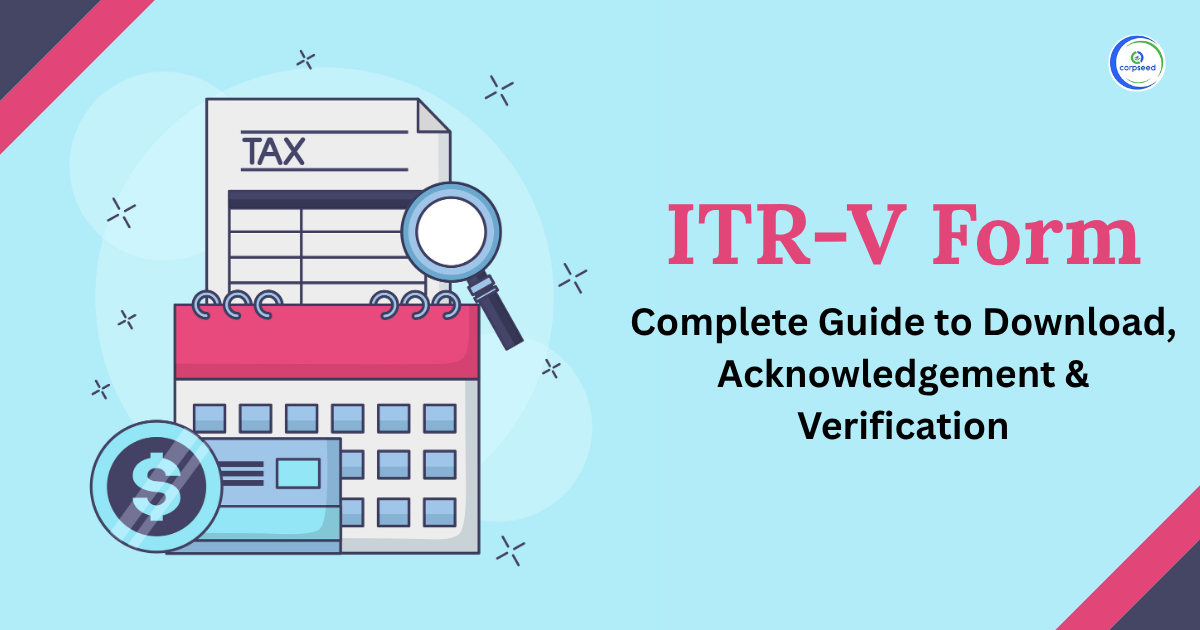Introduction of GST State List and Jurisdictions
The GST state code and GST jurisdiction play a crucial role for businesses in smoothly handling GST returns, applications, assessments, and accessing benefits as per the law. The government has organized areas into categories using geographical regions, specific PIN codes, and distinct districts to simplify GST Registrations for businesses and professionals.
When registering for GST, a taxpayer is required to state the jurisdiction in which the business is situated. Therefore, the taxpayer must understand the jurisdiction.
Table of Contents
- Introduction of GST State List and Jurisdictions
- GST State Code List
- Where is the State Code required in GST?
- Classifications of GST Jurisdictions
- How can one locate or look up GST Jurisdiction?
- Searching State Jurisdictions in GST
- Searching Central Jurisdiction in GST
- How can you rectify an incorrectly determined GST jurisdiction?
--------------Blog Contact Form-------------
GST State Code List
The list of GST State Codes provides specific codes given by the government to each state and Union Territory. Numbers are assigned in a sequential order to each state and Union Territory, representing them. An example would be GST state code 27 which signifies Maharashtra. GST state code 29 stands for the state of Karnataka. The importance of state code was highlighted with the introduction of GST in India.
The Goods and Services Tax Identification Number (GSTIN) includes the GST state code to provide more context. It is a distinct identification number consisting of 15 digits and alphanumeric characters assigned to each taxpayer who is registered under the GST law.
The GST state code is represented by the first two digits of any GSTIN. The taxpayer utilizes the GST state code list when registering for GST and inputting invoice information for GST Returns in the form of GSTIN.
| STATES NAME | STATE CODE |
| Jammu And Kashmir | 01 |
| Himachal Pradesh | 02 |
| Punjab | 03 |
| Chandigarh | 04 |
| Uttarakhand | 05 |
| Haryana | 06 |
| Delhi | 07 |
| Rajasthan | 08 |
| Uttar Pradesh | 09 |
| Bihar | 10 |
| Sikkim | 11 |
| Arunachal Pradesh | 12 |
| Nagaland | 13 |
| Manipur | 14 |
| Mizoram | 15 |
| Tripura | 16 |
| Meghalaya | 17 |
| Assam | 18 |
| West Bengal | 19 |
| Jharkhand | 20 |
| Odisha | 21 |
| Chattisgarh | 22 |
| Madhya Pradesh | 23 |
| Gujarat | 24 |
| Dadra And Nagar Haveli And Daman And Diu (Newly Merged Ut) | 25 |
| Maharashtra | 26 |
| Andhra Pradesh(Before Division) | 27 |
| Karnataka | 28 |
| Goa | 29 |
| Lakshadweep | 30 |
| Kerala | 31 |
| Tamil Nadu | 32 |
| Puducherry | 33 |
| Andaman And Nicobar Islands | 34 |
| Telangana | 35 |
| Andhra Pradesh (Newly Added) | 36 |
| Ladakh (Newly Added) | 37 |
| Other Territory | 38 |
| Centre Jurisdiction | 39 |
Where is the State Code required in GST?
Every taxpayer subject to GST should be aware of the accurate GST State codes for every State and Union Territory, as they are extensively utilized in different GST-related tasks and processes. GST state code is important for the following main reasons:
- Registration for Goods and Services Tax
The applicant must provide precise and thorough information to successfully register for GST. One vital piece of information is the state and federal jurisdictions for the primary location of business. The officer confirms the details provided by the taxpayer. Afterward, the applicant is assigned a GSTIN that includes the appropriate GST state code.
- Invoice with GST and electronic invoicing
The GST state code is important for precise invoicing and e-invoicing compliance under GST. The buyer, seller, and consignee's correct GSTINs include state codes that help determine the location of the sale. In the end, the type of GST to be charged depends on the place of supply, which is determined by whether the sale is interstate or intrastate.
Imagine if a seller includes the buyer’s GSTIN on the invoice with an incorrect GST state code. This can result in incorrectly charging IGST instead of CGST and SGST, or vice versa, due to selecting the wrong place of supply.
If the seller is required to follow e-invoicing regulations, it could result in the IRN being canceled because of an incorrect state code for GST, and the seller having to issue the invoice again.
- Reporting for GSTR-1 and GSTR-3B returns.
Regular taxpayers need to disclose B2B invoice information, including GSTIN, when submitting their monthly or quarterly GSTR-1/IFF. This information is transferred to the buyers' relevant GSTR-2A/GSTR-2B based on their GSTIN.
There is no system or verification process on the GST portal to verify the entry of a tax invoice with a specific buyer's GSTIN.
Read Our Blog: GST State Code List and Classification of GST Jurisdiction
Classifications of GST Jurisdictions
The Central jurisdictions and state jurisdictions are examples of jurisdictions.
State jurisdictions are the areas that are evaluated or fall under the evaluation of the State government. Central Jurisdictions are directly governed by the Centre.
According to CGST Circular no. 21/2017 dated 20th September 2017, there is a specific way in which the Central and State jurisdictions are delineated.
- According to the regulations, the State administration will have control over 90% of taxpayers with a total turnover below Rs. 1.5 crore. 10% of the remaining shall be vested with the Central administration.
- However, half of the taxpayers with a total turnover exceeding Rs.1.5 crore will come under the authority of the State administration, with the other half being managed by the Centre.
The classification of GST taxpayers is automated and conducted on a state level. Stratified random sampling is utilized, considering both the taxpayer's geographic area and registration type.
Therefore, under GST, jurisdictions are categorized into various levels based on their hierarchy and size.
- Area
- Administrative divisions with the authority to oversee and manage specific areas or departments within a government or organization.
- Branch offices
- Branch locations
Read Our Blog: How to Get a GST Certificate?
How can one locate or look up GST Jurisdiction?
There are multiple methods to determine the jurisdiction of a specific GSTIN or taxpayer.
When registering for GST, it is important for the taxpayer to accurately and fully disclose the business location's address. Accurately identifying the jurisdiction when declaring it in the GST registration application is essential information to prevent future inconveniences.
Read Our Blog: How to Download GST Certificate?
Searching State Jurisdictions in GST
The taxpayer may need to identify the state jurisdiction before they can get GST registration. Taxpayers need to check the State commercial tax VAT or Sales tax website to find the ward and circle for identifying the department's State jurisdiction.
As an example, let's consider searching for jurisdiction within the State of Karnataka. When we look for 'Karnataka GST jurisdiction' on the internet, we will come across the website http://gstkarnataka.gov.in/Jurisdiction.html.
The divisions, groups, wards, districts, and taluks are systematically documented.
Similarly, other states also possess specialized websites and web pages that contain this information.

Searching Central Jurisdiction in GST
Just like State jurisdiction, the taxpayer needs to determine the Central jurisdiction and category he may potentially be placed into. The CBIC provides a specific website for locating the Central jurisdiction called "Know your Jurisdiction" which can be accessed on any web browser at https://cbic-gst.gov.in/cbec-portal-ui/?knowYourJuris.
Step 1: Choose your state from the displayed list of states and Union Territories.

Step 2: It involves choosing the zone by selecting the relevant zone name with a click.

Step 3: When you choose the zone, the screen will display a list of commission rates. Select the commissioner ate that pertains to you.

Step 4: Following that, the screen will display the roster of sub-commissioners/divisions. Select the relevant sub-commissioner/division by clicking on it.

Step 5: You will receive a compilation of jurisdiction ranges. Discover more details about the relevant jurisdiction for your business here.

How can you rectify an incorrectly determined GST jurisdiction?
If the taxpayer chose the incorrect jurisdiction when registering for GST, they can have it changed. Before making changes, a request to change jurisdiction details must be submitted to the administrative or IT department of the relevant State.
Read Our Blog: All about Tax Deducted at Source – TDS Meaning, Filing, Return & Due Dates
This portion of the site is for informational purposes only. The content is not legal advice. The statements and opinions are the expression of author, not corpseed, and have not been evaluated by corpseed for accuracy, completeness, or changes in the law.
BOOK A FREE CONSULTATION
Get help from an experienced legal adviser. Schedule your consultation at a time that works for you and it's absolutely FREE.









